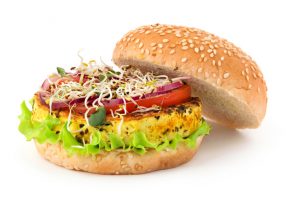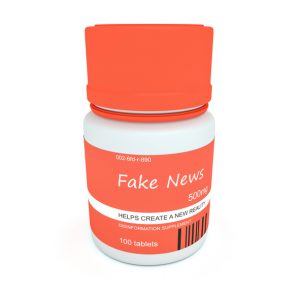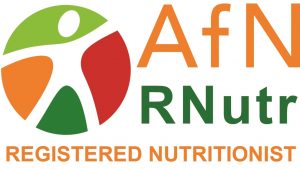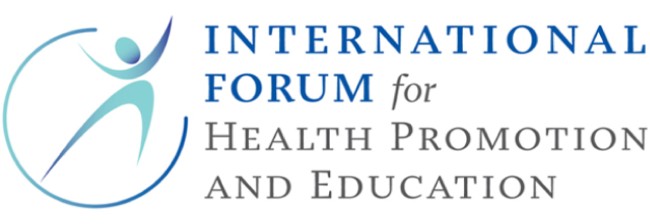Months of turmoil has had an impact on us all. Three surveys published in the last few weeks, from groups ranging from Kings College London to the Cambridge Weight Plan, have unanimously reported that over 45% of us have gained weight since March and around 25% of us have been drinking more alcohol. The disruption to our work and travel lives has been enormous and it’s no surprise that habits have changed.
What has changed on our menu?
 Apparently we are eating less meat, and whereas the pre-pandemic trend was towards processed vegetarian and vegan foods, we are now doing more home cooking, which is giving us a healthier diet. This habit would be well worth keeping when our business life begins to take us away from home again.
Apparently we are eating less meat, and whereas the pre-pandemic trend was towards processed vegetarian and vegan foods, we are now doing more home cooking, which is giving us a healthier diet. This habit would be well worth keeping when our business life begins to take us away from home again.
We are also being careful with spending, this might be the driver for eating less meat but has also been responsible for reducing our reliance on takeaway meals.
Many people have found pleasure in baking. Small feats of accomplishment, working with our hands and being creative are all activities that improve our sense of wellbeing. The preparation of delicious home-baked goods accompanied an increase in the consumption of treat foods. As our working lives become less confined to the home, it’s natural that we might have less time for baking and hopefully keep our snacking wholesome.
Although the research suggests that many of us have gained weight, the lack of routine, anxiety and change in the nature of the foods we eat has played an important role. We should afford ourselves a little kindness in these difficult times and rather than focus on weight loss, keep our focus firmly fixed on nurturing our health. The uptake of new exercise goals has been mixed, but any exercise is always a great way to invigorate the mind and body.
 Magic Bullet Nutrition Supplements
Magic Bullet Nutrition Supplements
During the pandemic, there has been a huge increase in internet searches for supplements to ‘boost’ our immune system.
The Harvard Medical School, amongst many others, states that: “There’s no evidence that products that claim to boost or support immune function actually do so”. However, there are zillions of sites on the internet selling products that claim to do exactly that.
Vitamin D is essential for our immune response and it has been suggested that low vitamin D status could be responsible for the severe reaction to the COVID-19 virus in some people. A review of studies looking at the effect of Vitamin D supplementation on infections of the sinuses, throat and airways, found no benefit. However, it wasn’t known if these people already had adequate levels of vitamin D, which you would certainly expect during the summer months. Controlled trials are underway, but during winter months, the advice is to supplement our diets with 10µg per day. Large doses of vitamin or mineral supplements are detrimental to our health and this particularly applies to vitamin D.
The good news is the British government’s new interest in helping curb access to unhealthy food promotions in supermarkets and at checkouts, combined with facilitating safer work travel by bike! These are the initiatives that have the potential to boost our health and wellbeing – while we are living and working with a viral pandemic.
© 2020 Executive Travel Vitality
It’s a great time to get into new healthier habits. You can start by taking your own food and snacks with you, rather than rely on takeaway or shop-produced.
by - [-]
Price: -





























